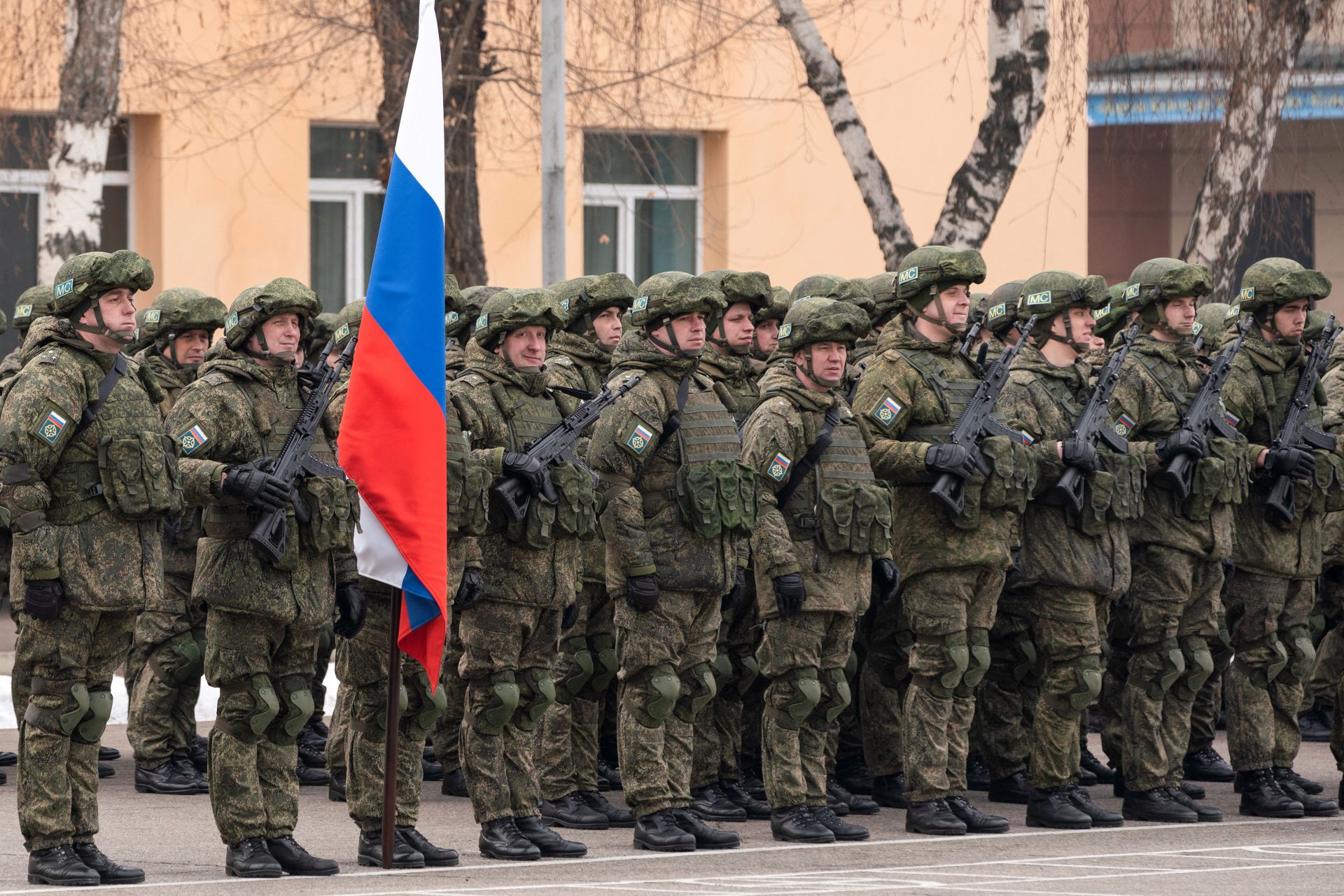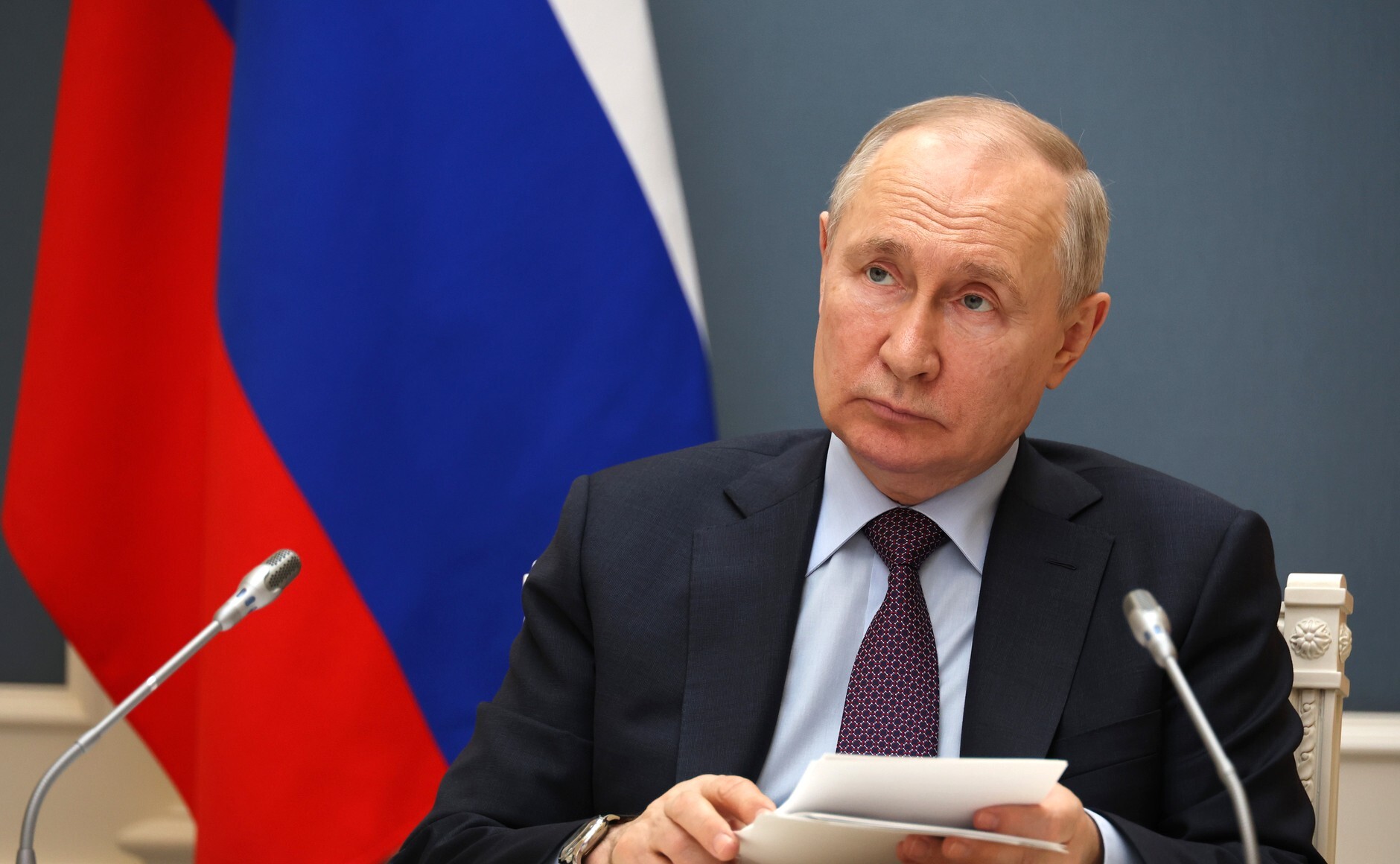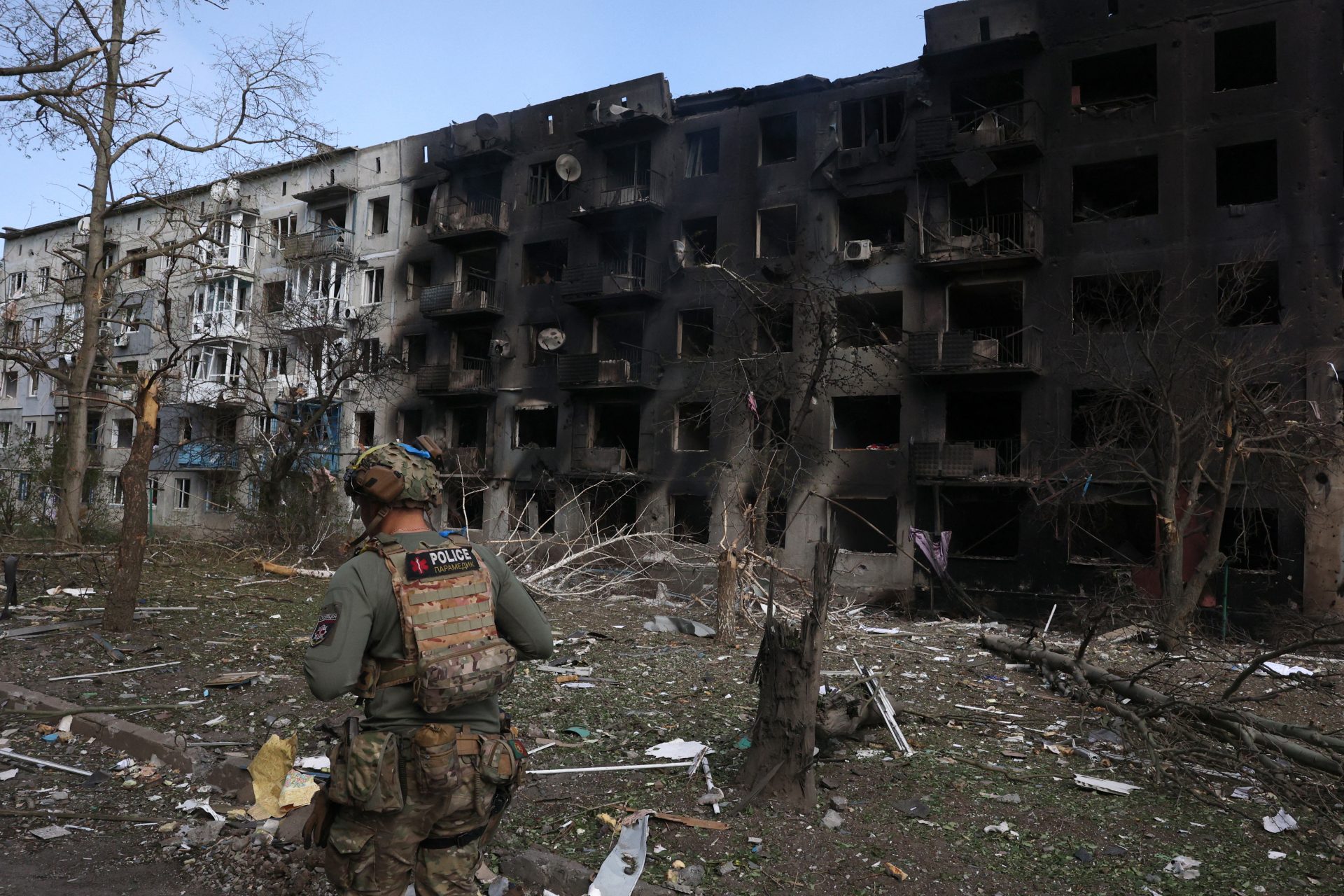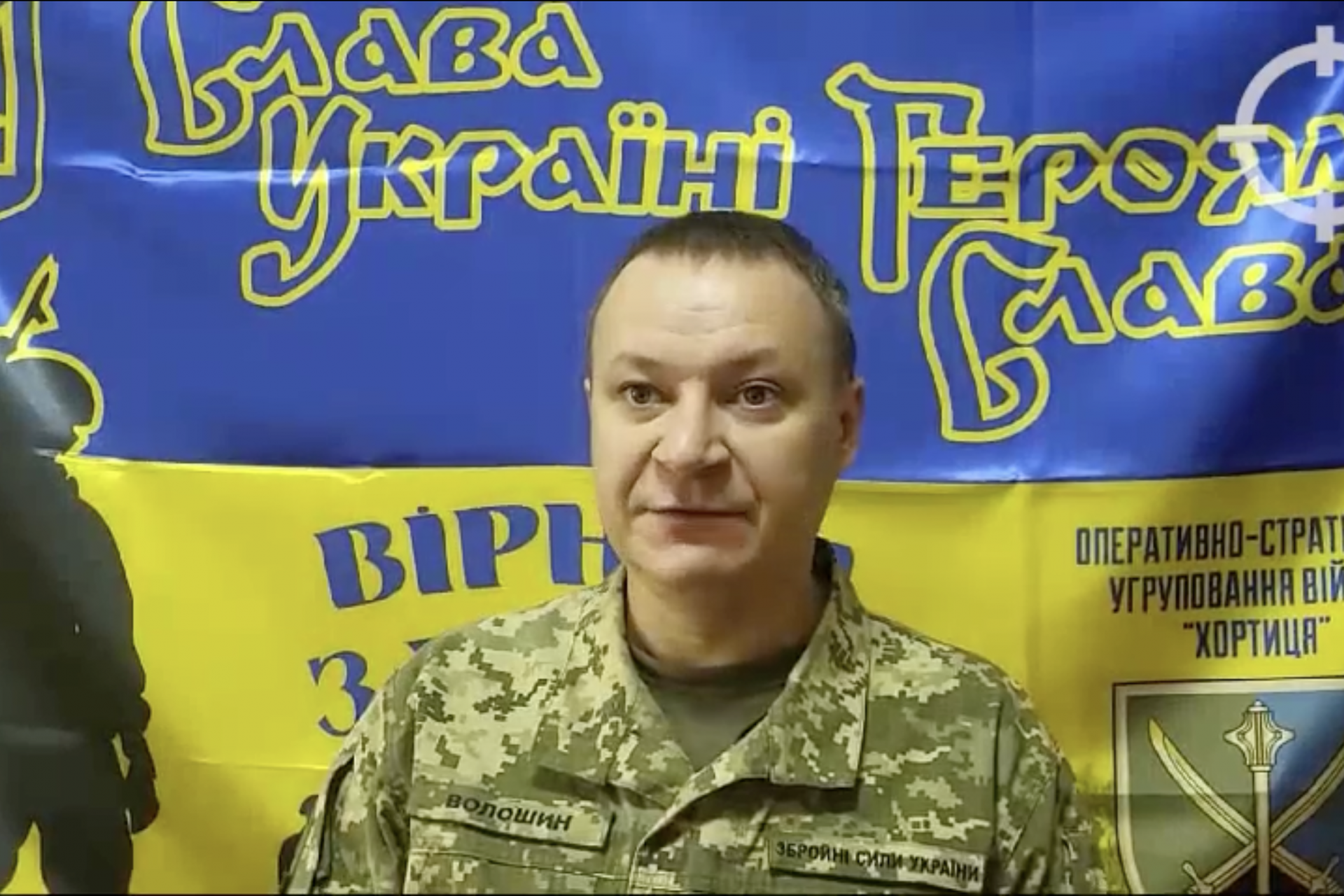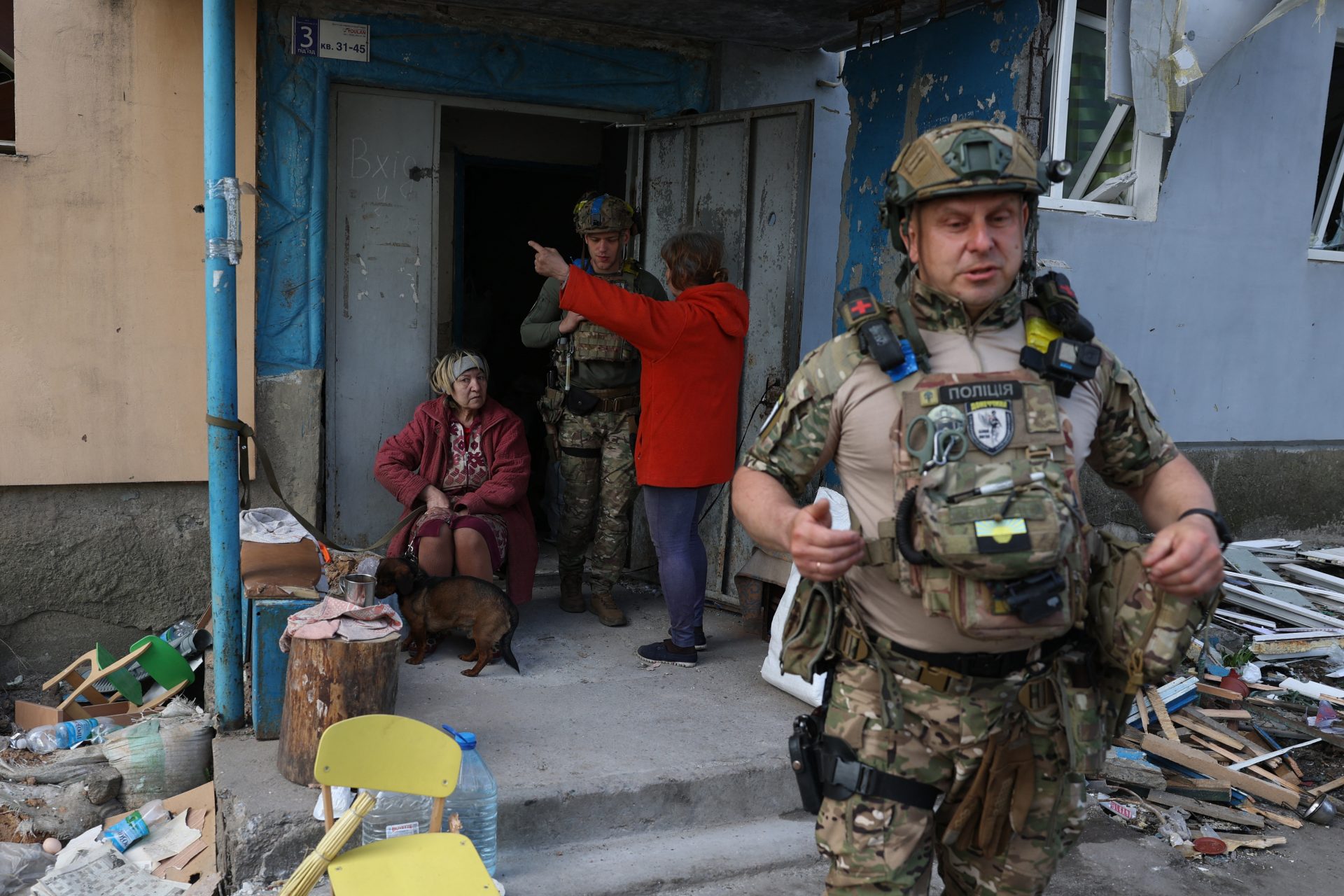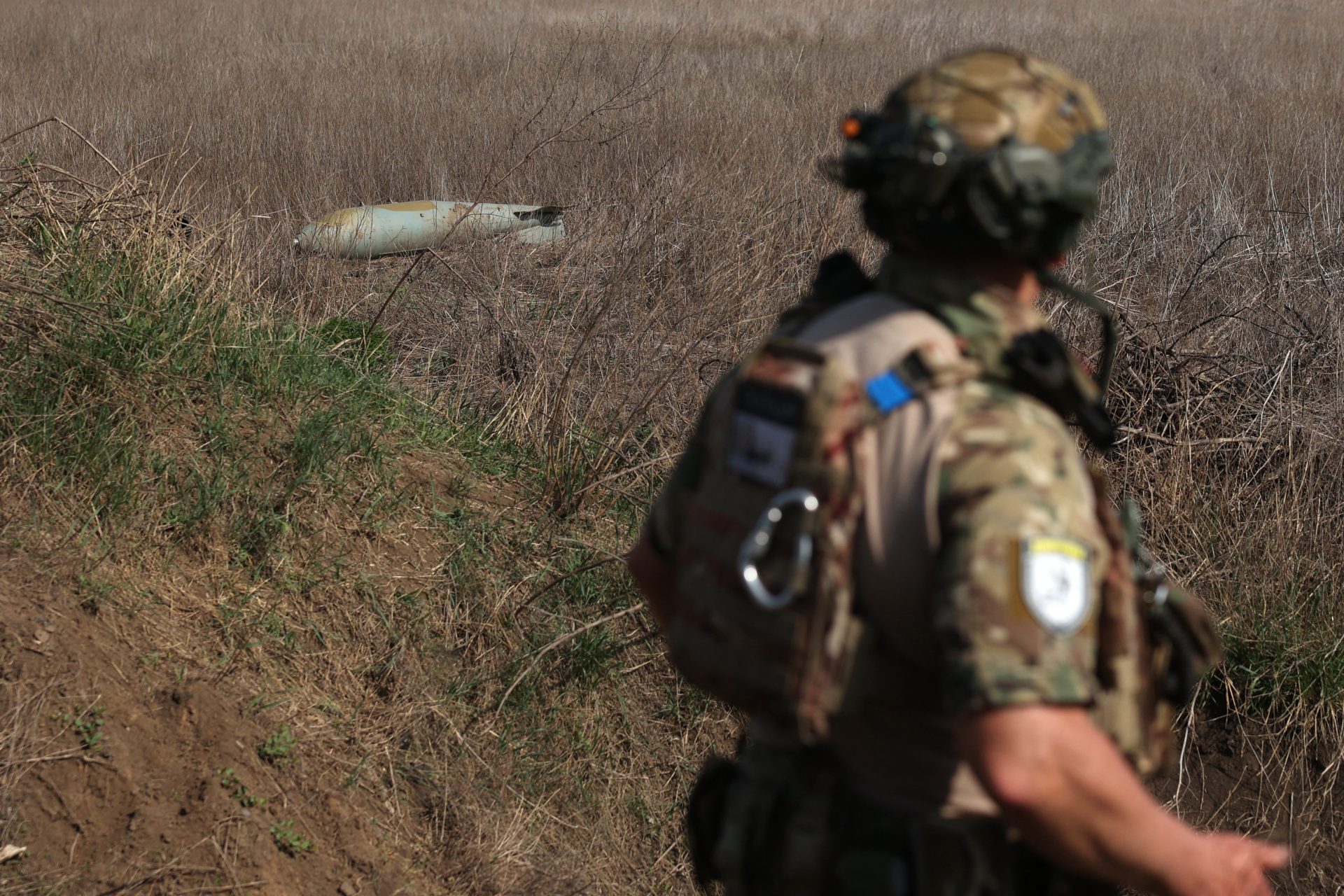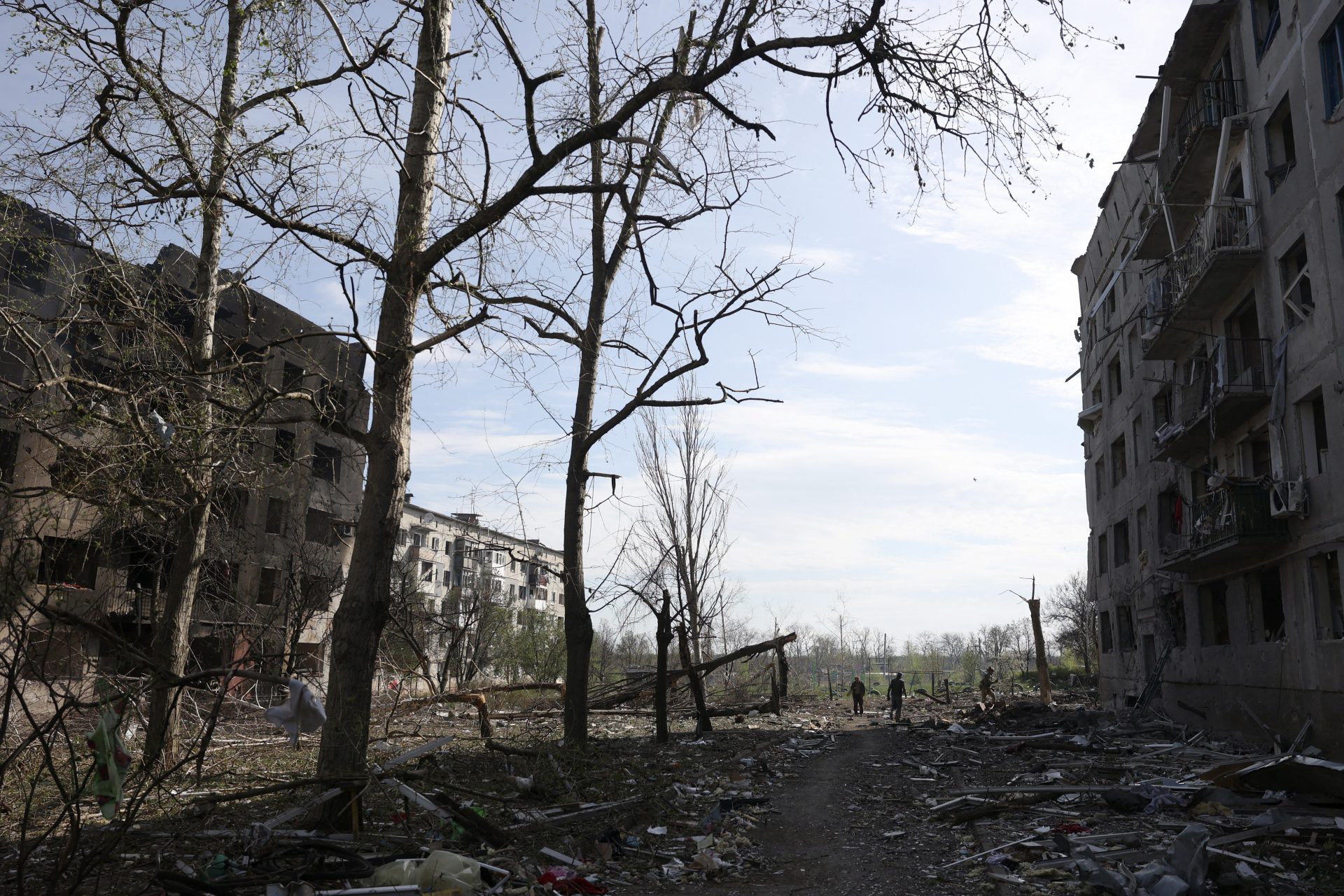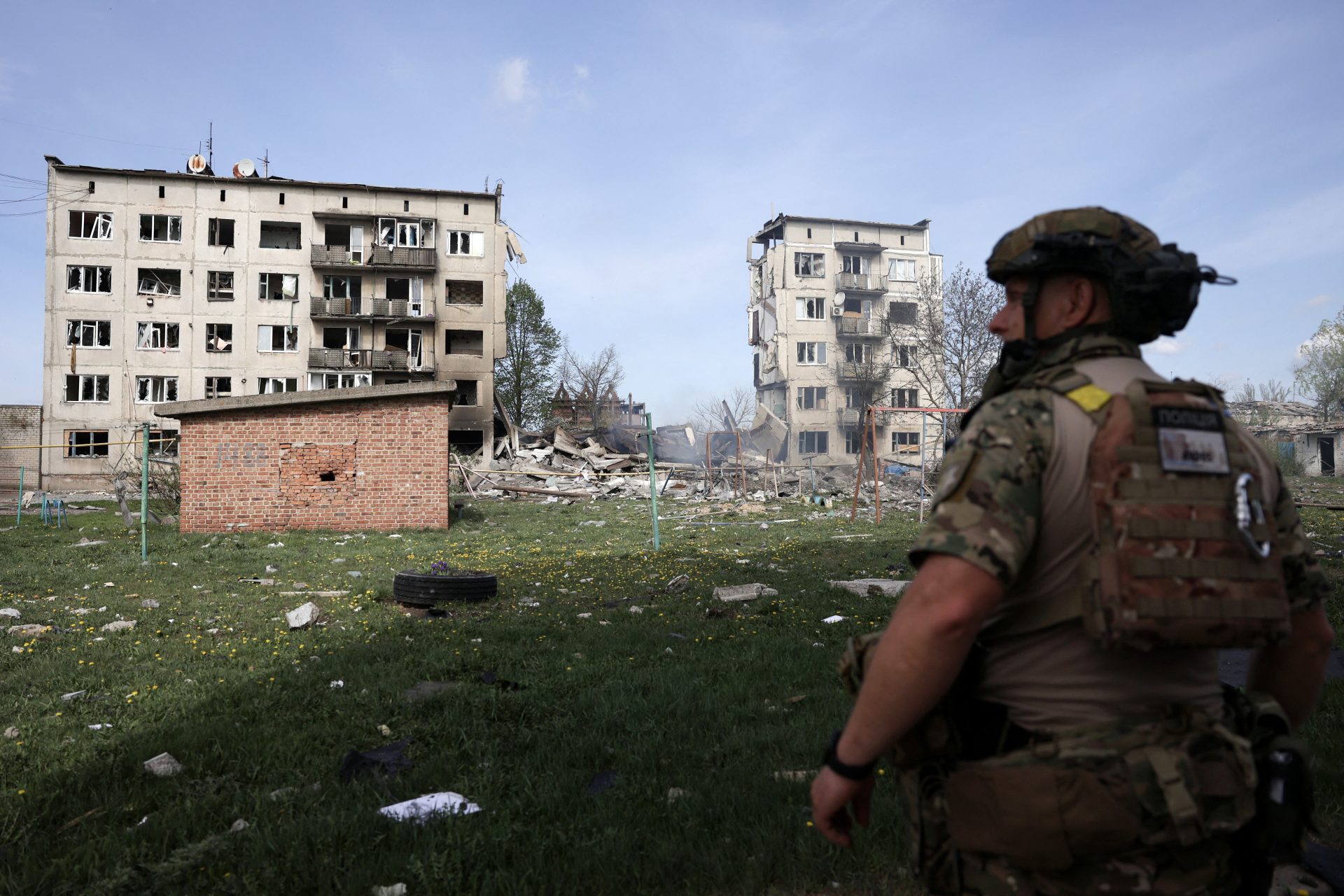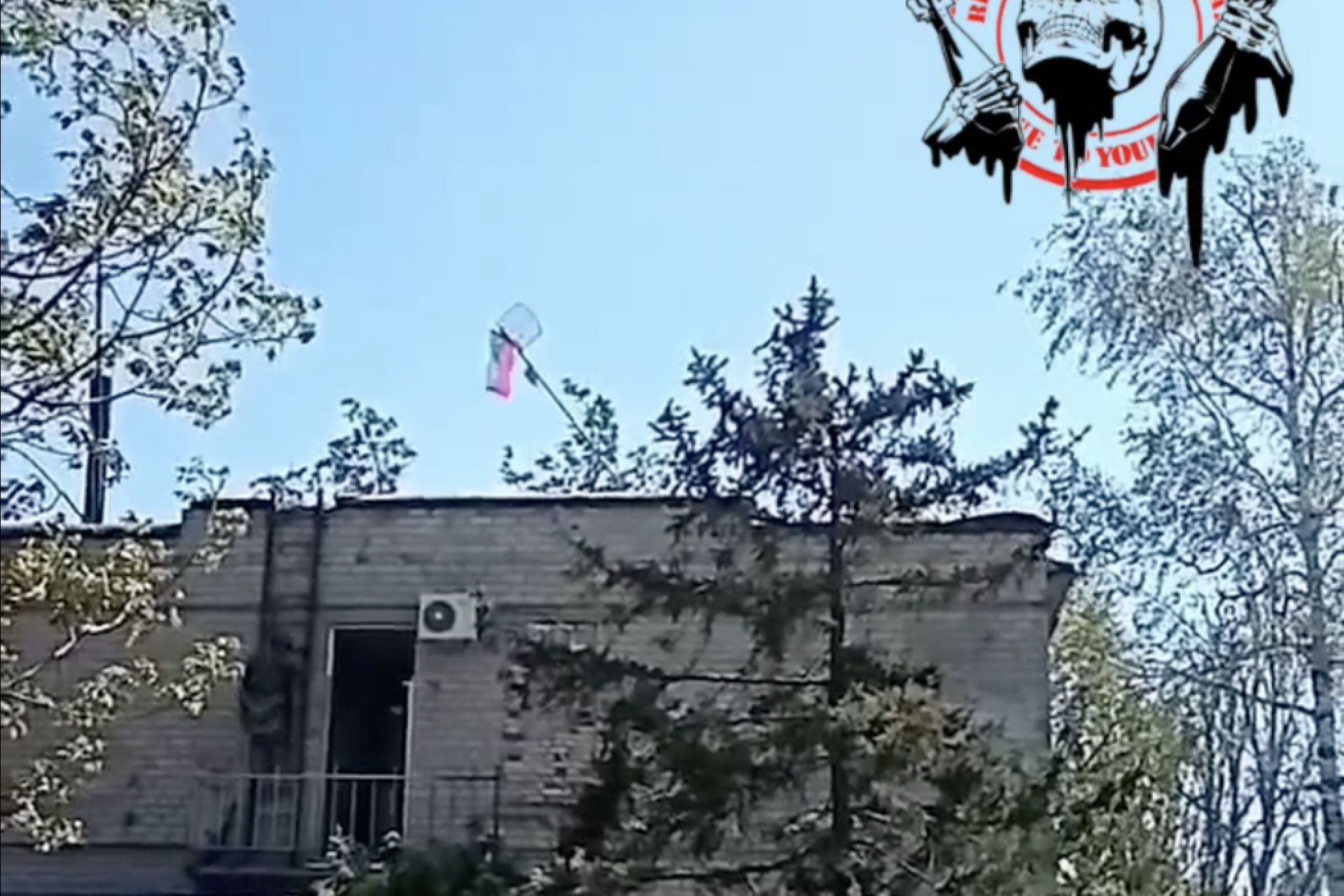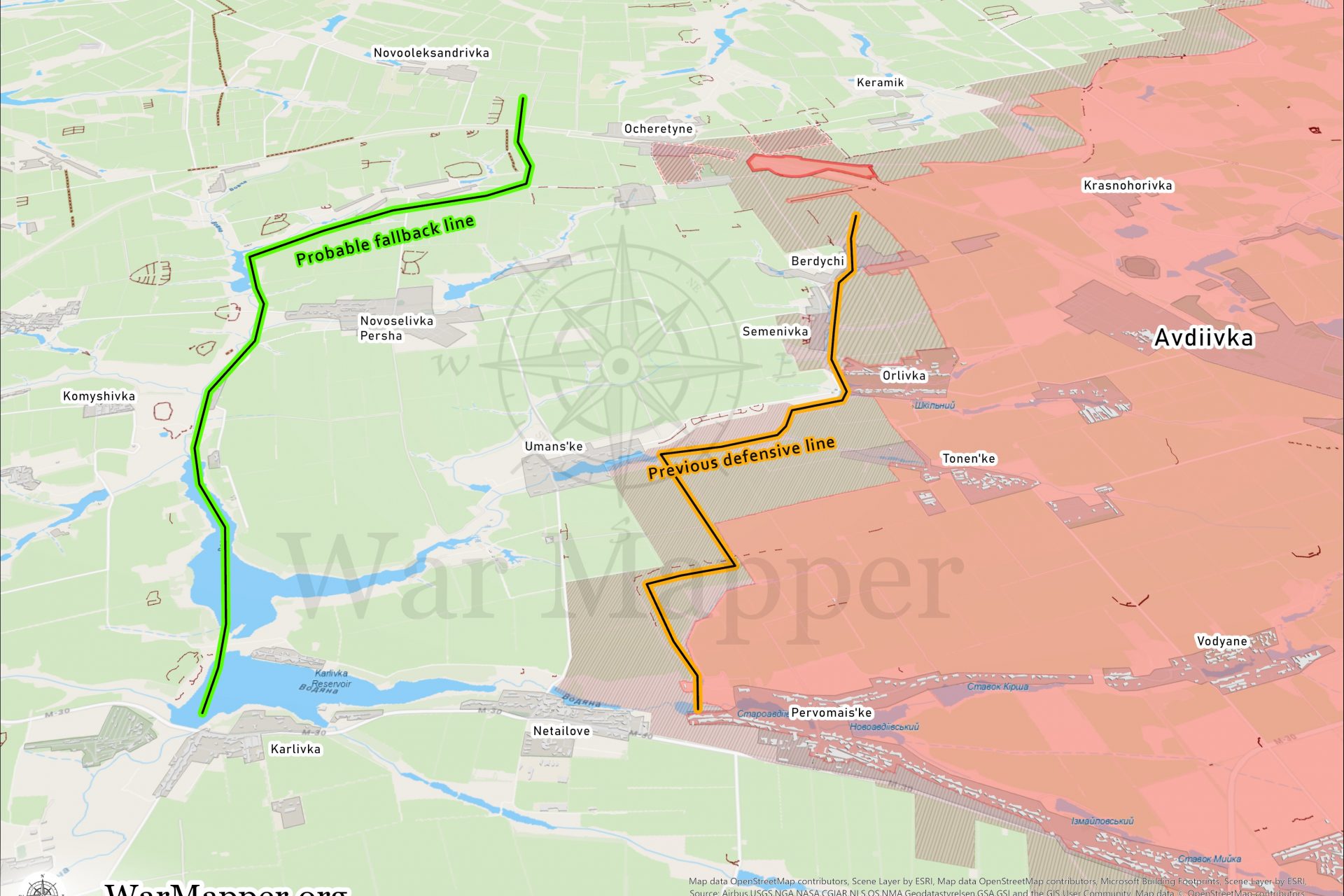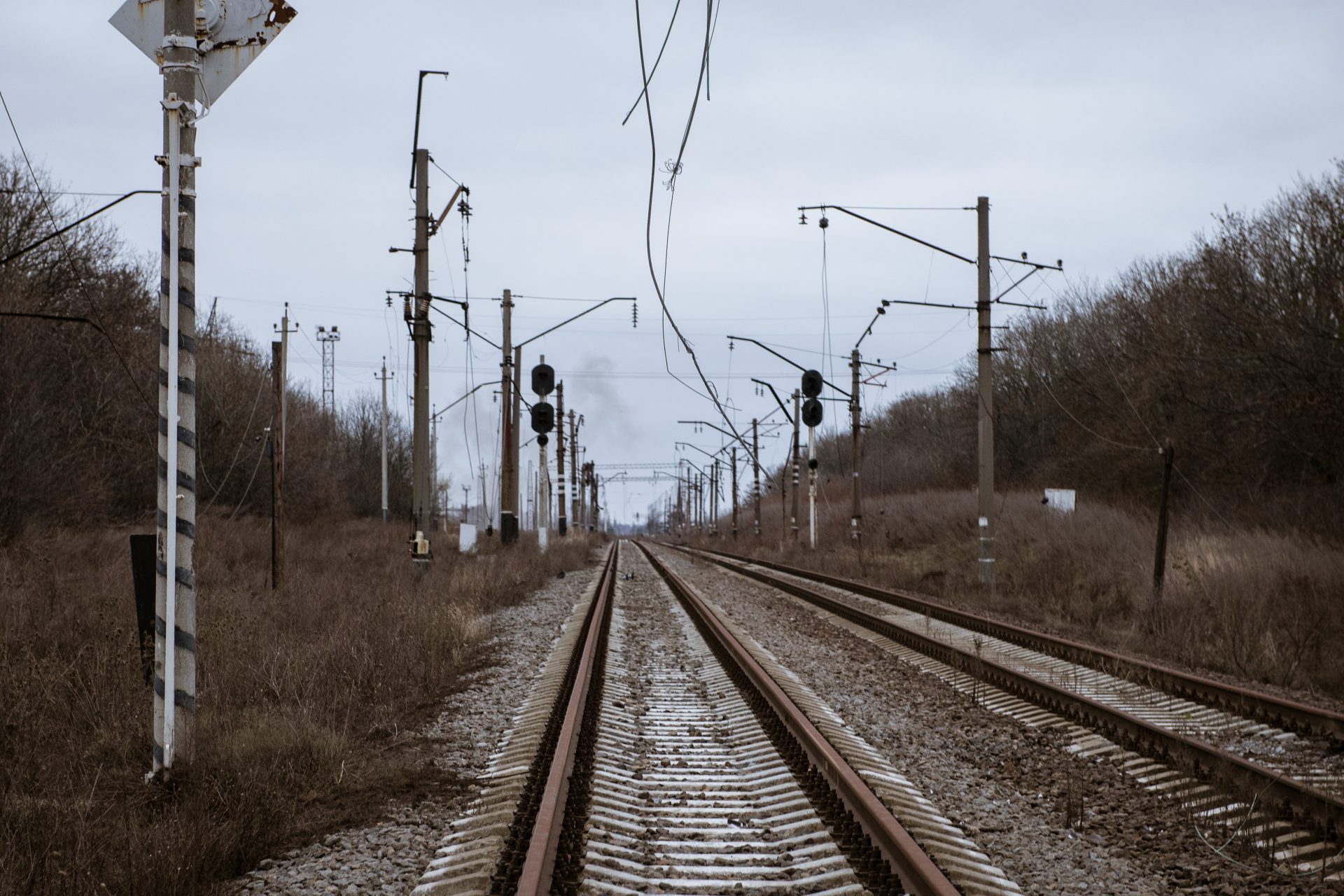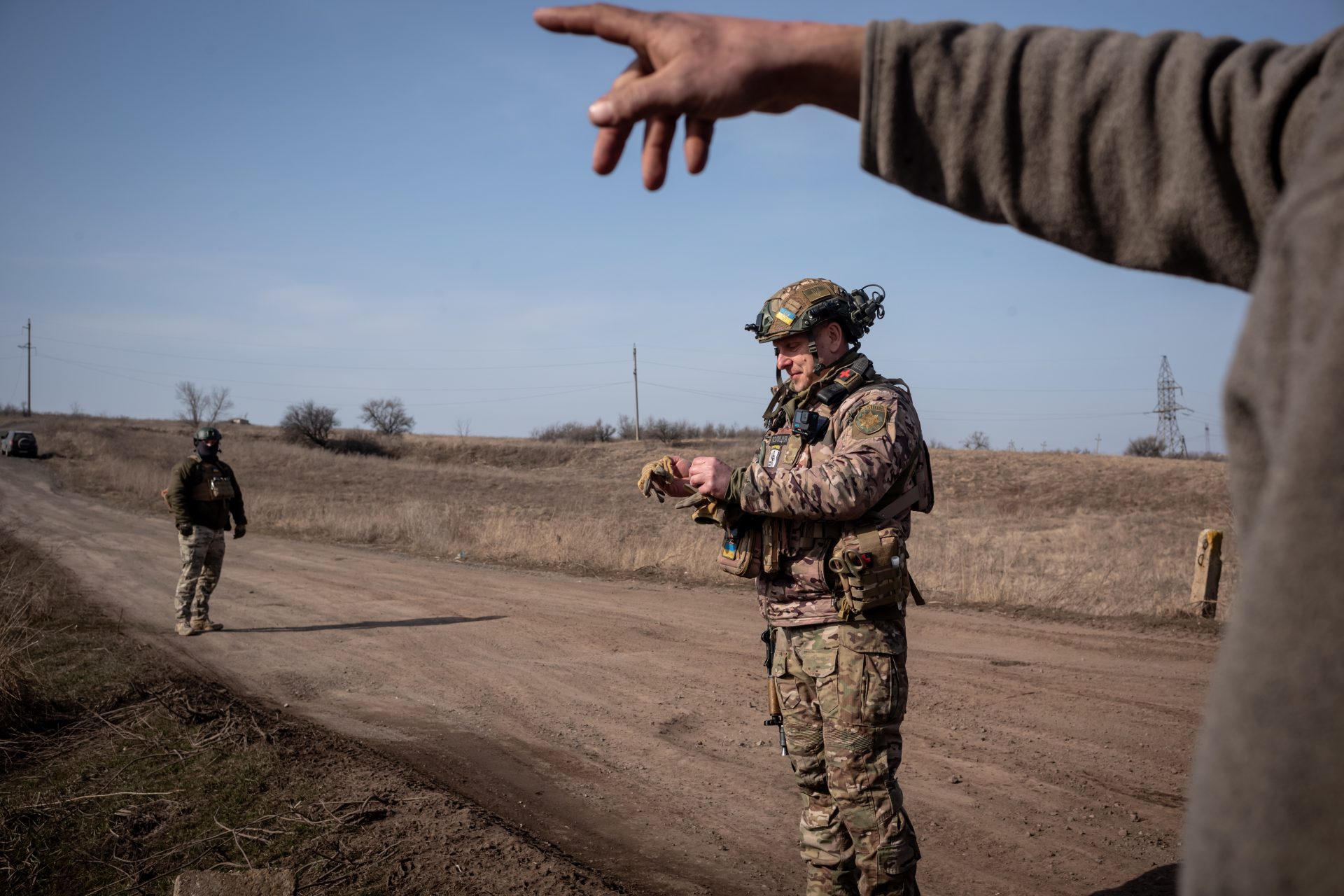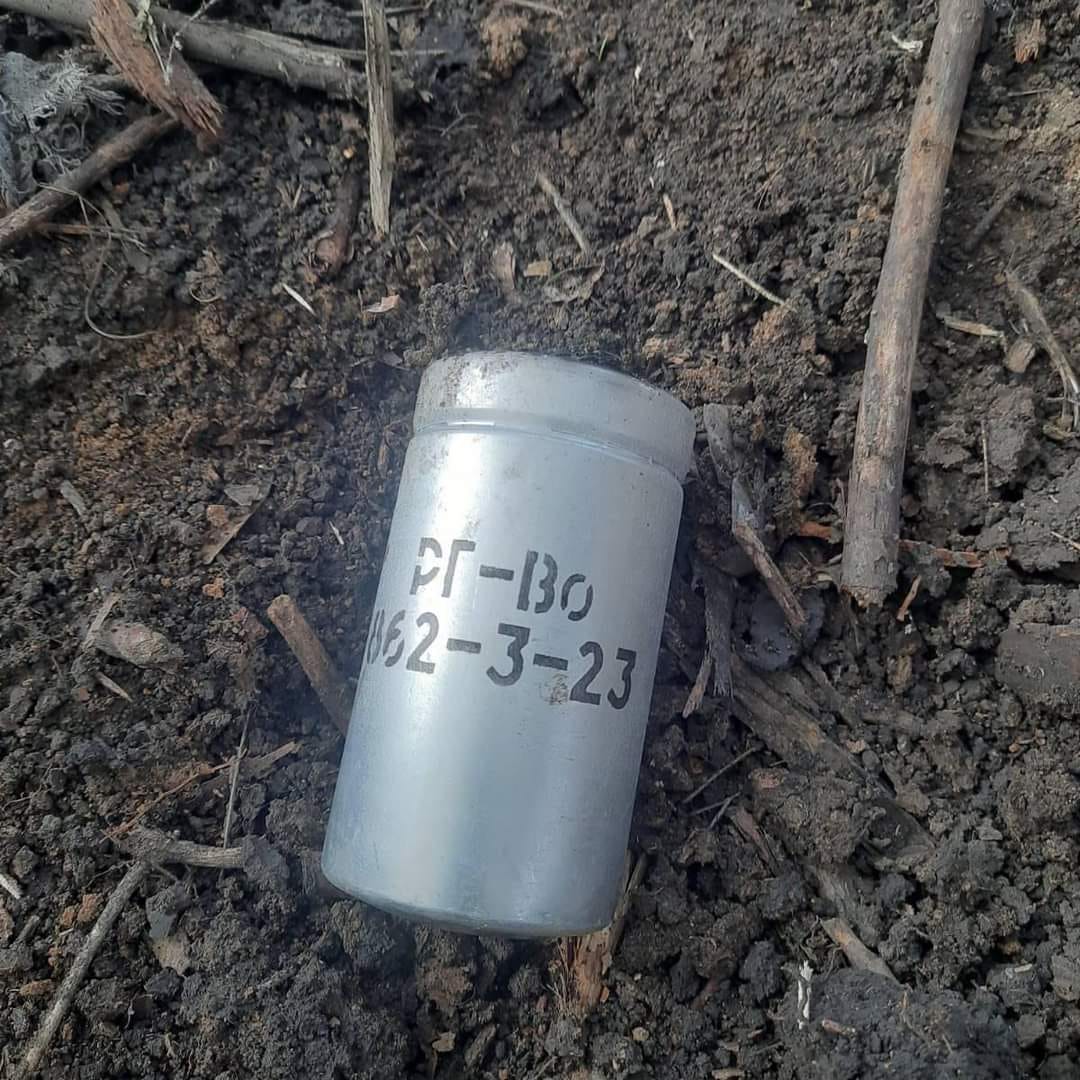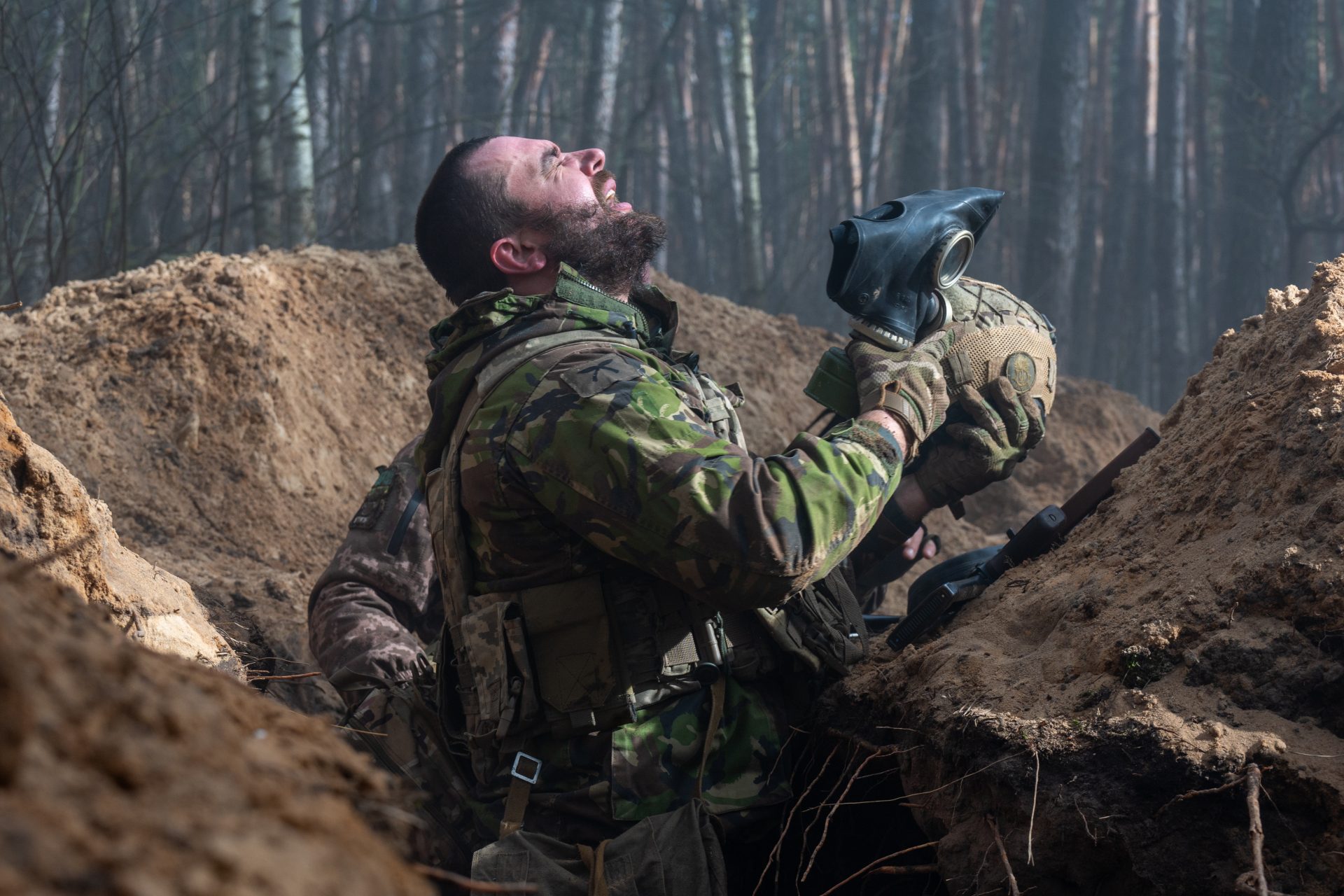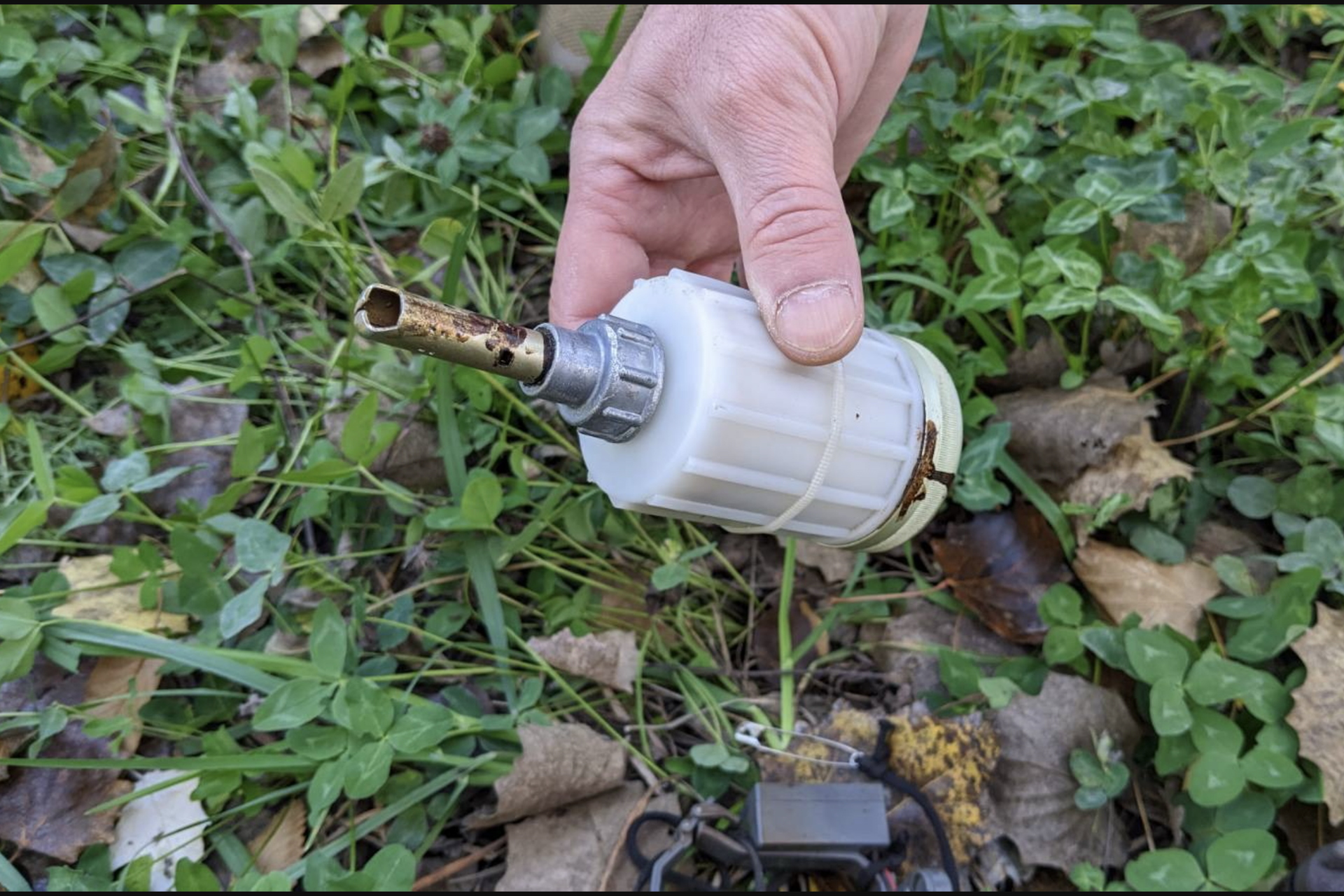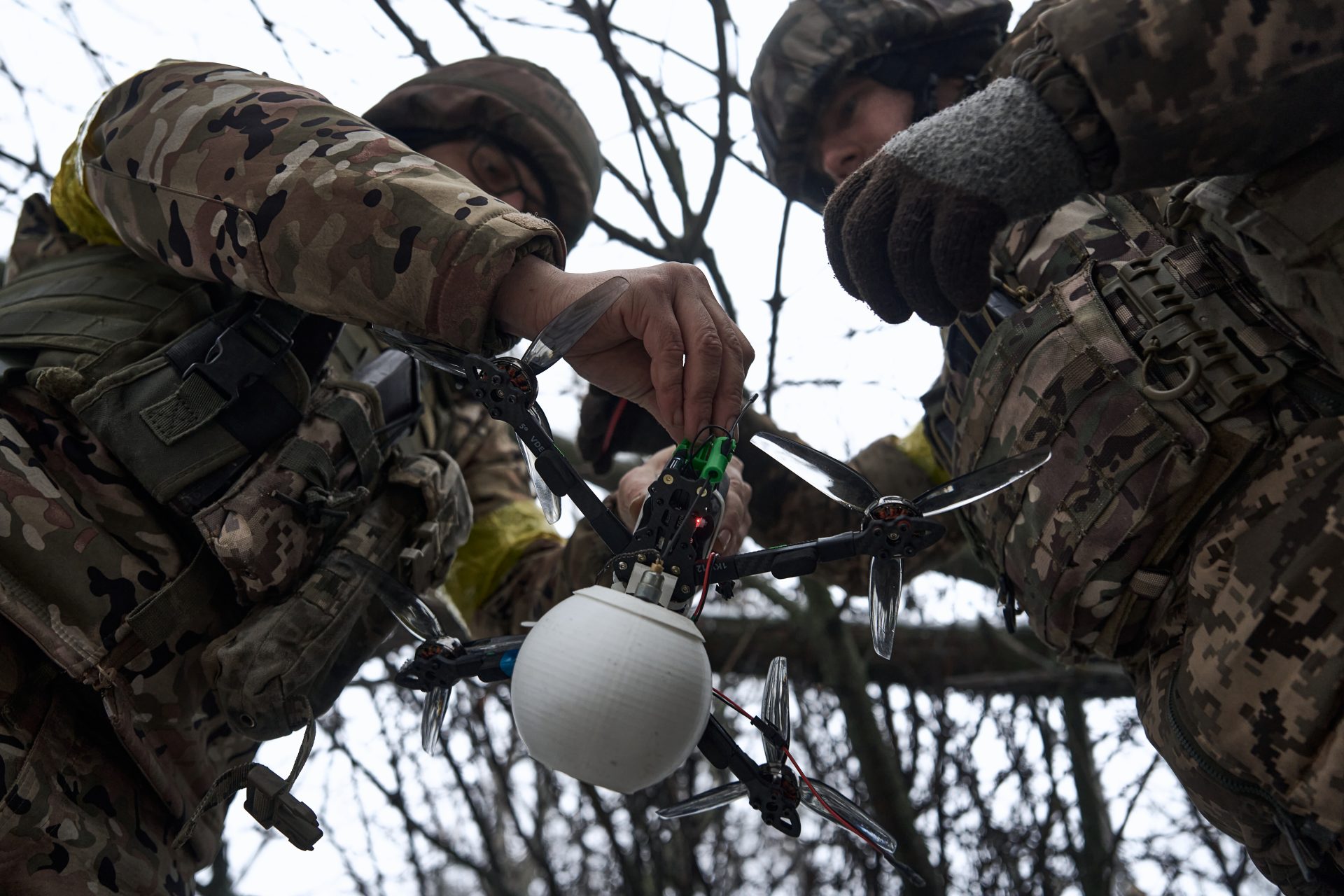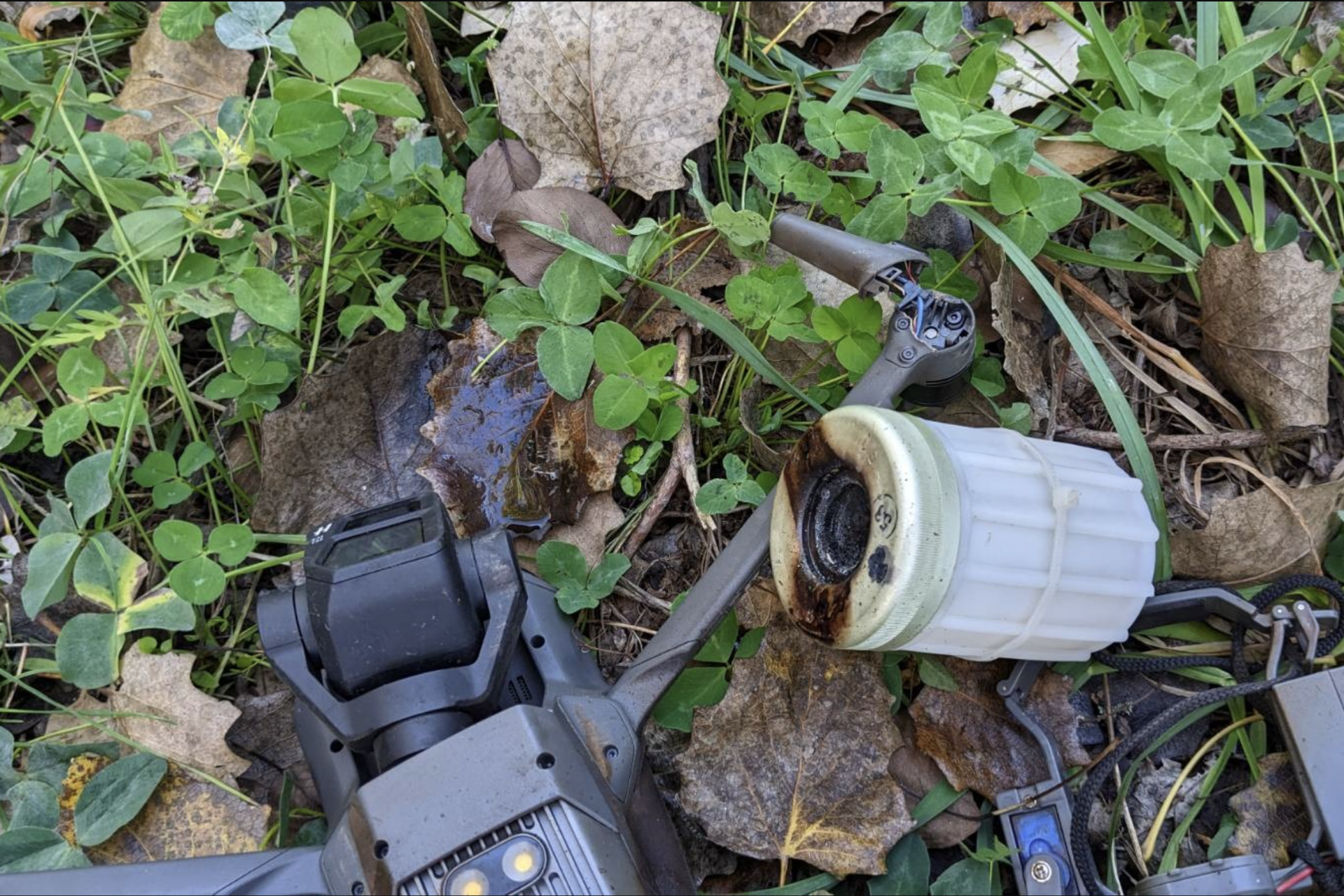Did Russia use chemical weapons to capture a key Ukrainian village?
Russia wants to win the war in Ukraine no matter the cost. The Russian military has shown on more than one occasion that they are willing to bend the rules of war to get what they want.
The Russian Armed Forces allegedly used chemical weapons as part of an offensive to capture a village in Donetsk Oblast according to one Ukrainian official. Here is what we know about the claim and why it matters.
The village of Ocheretyne had been a hotly contested area of the front following the fall of Avdiivka and Russian forces have been throwing whatever weapons they can at the area, some including chemical weapons.
Nazar Voloshyn is the spokesperson for Ukraine’s Khortytsia Group of Forces, which is the grouping of forces operating in the area, and he explained on April 23rd that Russia was using whatever it could to take Ocheretyne.
Photo Credit: Telegram @Khortytsky_wind
Voloshyn explained that the “situation in the area of the settlement of Ocheretyne in the Donetsk region is difficult” according to Ukrainform, which quoted the remarks Voloshyn made in a Telegram post about the fighting.
“In an effort to capture the settlement, the enemy is using the entire available arsenal of weapons against our units, including chemical poisons, and is trying to gain a foothold in the southern part of Ocheretyne," Voloshyn added.
Back in April Voloshyn revealed that the greater part of Ocheretyne was under the control of Russian forces and added that the southern portion of the village was under artillery fire control from the Ukrainian Armed Forces.
Measures were being taken to stabilize the situation in Ocheretyne, Voloshyn noted, but reports began to surface on April 24th that suggested the village fell to Russia based on images from pro-Russian military bloggers.
The Guardian reported that military bloggers published videos online that displayed the Russian flag flying above Ocheretyne. The loss of Ocheretyne would prove to be a major blow to Ukrainian forces in the area.
Photo Credit: Telegram @rsotmdivision
The capture of Ocheretyne, which according to the New York Times was confirmed on May 5, 2024, means Russia has managed to bypass the northern flank of Ukraine’s recently constructed forward line, including minefields and trenches,” according to Luke Harding and Dan Sabbage of the Guardian.
Photo Credit: X @War_Mapper
“The village — once home to 3,000 people, and a local road and rail hub — sits at the intersection of a network of defenses,” Harding and Sabbage added. The Ocheretyne capture put Russia within 30 km or roughly 18.5 mi of Pokrovsk.
Pokrovsk is important because it is the main Ukrainian garrison in the region that Kyiv uses to rotate out its troops and equipment. Harding and Sabbage noted this could be Russia’s next operational target.
The Kyiv Independent reported that Voloshyn did not specify which types of chemical weapons had been used against Ukrainian forces in Ocheretyne but added that “hundreds of cases of the use of suffocating and tear gas grenades” had been recorded since the invasion began.
Photo Credit: Facebook @GeneralStaff.ua
In March 2024, the Command of the Support Forces of the Armed Forces of Ukraine reported 1,068 cases of chemical irritants equipped with poisonous chemicals had been recorded according to Militaryni. But these aren’t the weapons that you’re thinking.
“Russians are increasingly using ammunition with a poisonous substance. In total, over the past week, grenades with the poisonous substance Chloropicrin have been dropped from drones almost 50 times," explained Tavria operational-strategic group spokesman Captain Dmytro Lykhoviy according to Militaryni.
Photo Credit: Wiki Commons By Mil.gov.ua, CC BY 4.0
"When the enemy cannot take our trenches with a classic artillery strike, or a discharge from a drone, he uses such tear gas,” Captain Lykhoviy. The attacks are part of a growing trend seeing Russian forces using banned chemicals in the war.
The Kyiv Post noted riot control gasses and other tear gasses are classified as weapons on the battlefield and prohibited in war under the Geneva Protocol of 1925.
Photo Credit: Wiki Commons By Mil.gov.ua, CC BY 4.0
More for you
Top Stories



